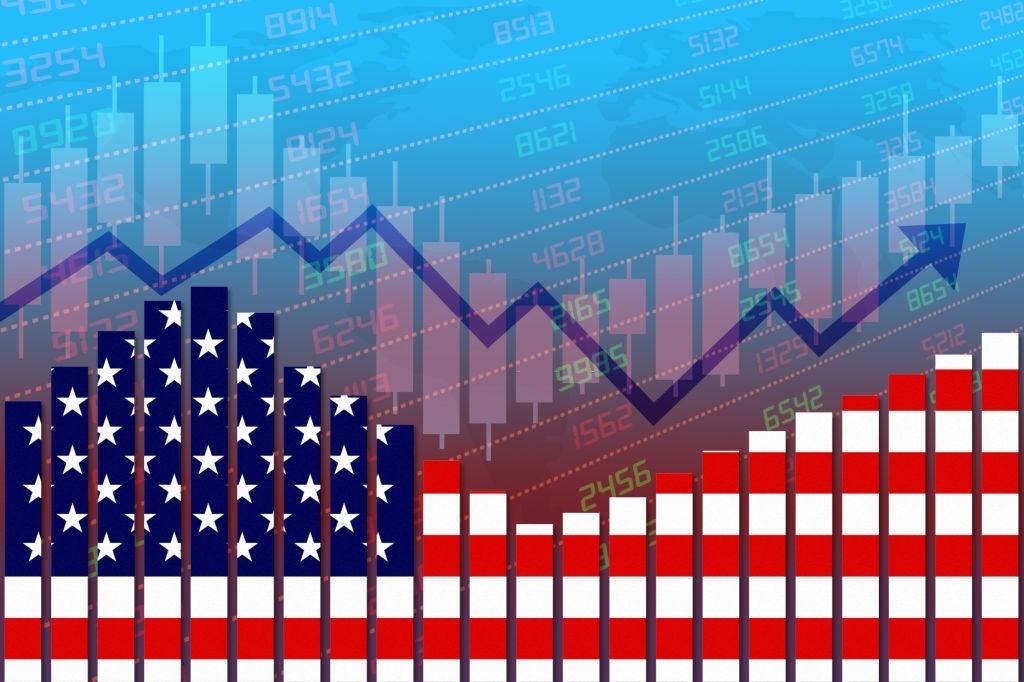
The unexpected financial turmoil took place in early March, after the collapse of SVB. However, market confidence rebuilt after the Fed provided additional support, markets bounced back in the latter half of the month. Over the month of March, the S&P 500, the Dow, and the NASDAQ gained 3.51%, 1.89%, and 6.69% respectively.
The Silicon Valley Bank collapsed in early March, the FDIC swept in to protect the depositors, but confidence was damaged. Economic indicators showed that the banking woes had some impact on the economy, PMIs have missed market expectations. The more important labour market data was mixed, the key nonfarm payrolls missed expectations, jobless claims was volatile but showed no spikes. Inflation also continued to edge lower, but it is still elevated by Fed target standards. Overall, the banking crisis’s actual impact to the economy is relatively under control, but the cracks in the system are visible.
In response to the situation, the Fed have dialled down on their hawkish tone and only hiked rates by 25 bps in March, officials also suggested that the rate hike cycle might be close to its end. Markets were even more dovish, expecting the Fed to cut rates before the end of the year. Although expectations drove valuations higher, but uncertainty remains, we see equity market downside continue to outweigh the upside potential. In the short term, we reiterate our preference for fixed income over equities, and will only reconsider further building equity exposure when the markets experiences further correction, or when the uncertainty recedes.

